What Makes A Country Expat-Friendly?
Most people start thinking about moving abroad by asking the wrong kind of question. They ask which country is best for expats, as if there’s some...
%20(1).jpg?width=850&height=478&name=Birth%20Tourism5%20(Copy)%20(1).jpg)
Birth Tourism is giving birth in a country that grants citizenship based on "jus solis" and provides benefits to all children born there. This will not only give your child a better quality of life but also entitles them to a second passport immediately from birth. In many cases, parents of such children enjoy a faster naturalization timeline as well.
When it comes to determining a child’s citizenship at birth, countries usually apply one of two rights: "jus solis" (right of soil) or "jus sanguinis" (right of blood). "Jus solis" grants citizenship merely on the basis of being born “on the soil” of the country in question. "Jus sanguinis" determines the child’s citizenship based on the parents’ nationality.
The process of “jus solis” is generally available to anyone who has a child within the territory of a country with birthright citizenship, even if they are a temporary resident or an illegal alien. The only people whose children do not qualify for instant citizenship are diplomats.
These countries offer what is called “absolute jus solis,” meaning that the biggest hurdle you’ll face in some countries is having to register your bundle of joy with the local authorities to secure their passport.
Birth tourism is a common practice in both North and South America for countries to grant citizenship to anyone born on their soil.
Almost all of the countries in North and South America recognize the right of a child born on their soil to have citizenship in their country. Canada, being a first-world nation that practices birthright citizenship, is a popular destination for birth tourism. As global tourism, international travel, and digital nomads continue their exponential rise, birth tourism can be expected to become even more commonplace.
The primary advantage of birth tourism is that you get a second passport for your child. In some cases, it can also expedite permanent residency and citizenship for the parents as well.
In Mexico, if your child is a Mexican citizen, then you can apply immediately for permanent residency, whereas most people need to live there for at least four years on a temporary residence permit. Furthermore, you could apply for Mexican citizenship within only two years.
Likewise, if your child is born in Brazil, you can also fast-track Brazilian residency and citizenship because of your family ties. The Mexican and Brazilian passports are highly desirable since they allow passport holders visa-free travel throughout most of the world. The Mexican passport facilitates entry in 160 countries and Brazil in 170 countries.
Another advantage of birth tourism is the ability to access first-world social services as a citizen. For example, a child born in Canada and possessing Canadian citizenship could return and access highly subsidized post-secondary education without shelling out the CAD $30,000 ($22,474 USD) a year that most international students pay.
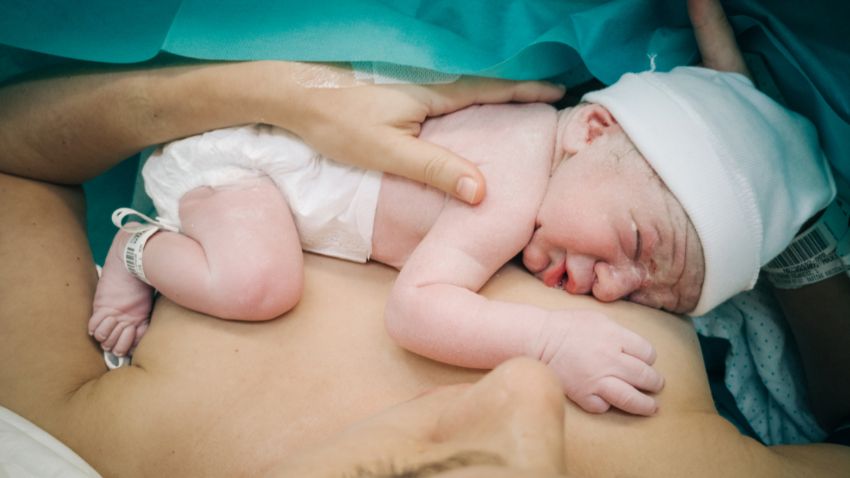
Giving birth in countries like Portugal can provide your child and you with dual citizenship.
Having a second passport increases substantially the opportunities available to anyone. While a child born in Canada may eventually be able to confer permanent residency to their parents through sponsorship, they must be of adult age and have the means to financially support their parents to do so. America, too has a similar process.
While having a child in Canada or the USA may confer citizenship to the child, it does not necessarily mean the parents can stay with them or immediately become citizens as well.
Another reason for birth tourism, aside from birthright citizenship, is affordability. While taking advantage of getting a secondary passport for your child, you can also save money by having your child overseas.
In Brazil, for example, health care is a right even for foreigners, and if you wanted, you could have your child for free in the public system. Or you could opt for the higher-quality private hospitals and still save money vs having your child in the states.
Mexico is another low-cost destination for childbirth, with costs starting as low as $500 USD (although $1500 USD to $2000 USD is probably more typical).
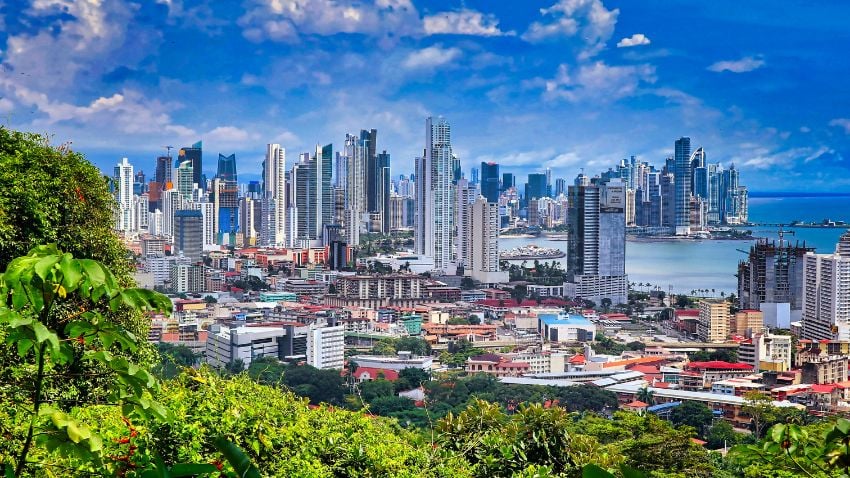
You can apply for Panama Citizenship if you are a parent of a Panamanian citizen
Most of the countries in the Americas allow for birthright citizenship (Colombia being one notable exception). Canada and the USA are two of the most desirable locations, since being the richest nations they afford their citizens the most economic opportunities.
Mexico and Brazil have their advantages, as they offer parents of so-called “passport babies” a fast track to citizenship, and they are popular expat destinations anyway.
Chile is also a fairly desirable location for birth tourism, as its economy is robust and growing, and its passport is fairly powerful. However, as of 2019, they require at least one parent to be a legal resident.
Panama is another excellent country for birth tourism, as they have high-quality hospitals, and a great economy and they allow parents of Panamanian citizens a fast track to citizenship. They also practice a territorial tax system, so if you become a tax resident there, you do not have to pay any tax on foreign-sourced income.
Here is a list of the best countries in which to give birth:
|
Bolivia |
||||
|
Chile |
||||
|
Fiji |
||||
|
Jamaica |
Pakistan |
|||
|
St. Vincent and the Grenadines |
Trinidad and Tobago |
Tuvalu |
The United States |
|
|
|
Before I go into details about engaging in birth tourism, I would like to mention a very desirable passport; however, it is far from easy to acquire. European passports are very sought after mostly because of their high passport strength ranking and visa-free travels to an incredible amount of countries. Only a few European Union countries offer "jus solis," but all of them have requirements such as having one or both parents being residents or citizens at the time of birth. Portugal is your best choice for European birth tourism since it requires only one of the parents to have been a resident for at least one year.
If you are thinking about having your baby in a foreign country in the Americas to take advantage of birthright citizenship, then what is the best way to go about it? First, you must pick the country you want to give birth in. The easiest approach is to go somewhere where you have visa-on-arrival or visa waiver privileges, so you can just go ahead and show up. Alternatively, if you have to apply for a tourist visa to go to that country (we’ll look at Mexico here in our hypothetical, but there are plenty of other options to consider as well), then you must do that planning ahead as it can be time-consuming due to requirements and visa processing time. Alternatively, you could also consider applying for a temporary residency in this country if you have family or business ties there or want to invest in that country.
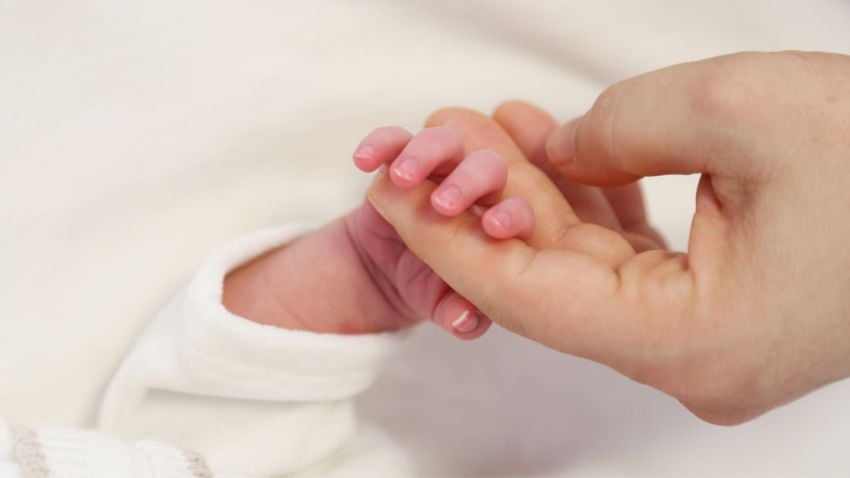
Giving your child dual citizenship due to "jus solis" and "jus sanguinis" is a step towards securing your child's freedom and future.
Once you have figured that out, you want to travel to the country when you are pregnant. You will need to find a good hospital. Make sure you check out the reputation and reviews online and talk to any friends you might have with first-hand knowledge. Of course, you will want to have ample savings to cover both the cost of your hospital stay and your extended stay in Mexico leading up to the birth. You might be pleasantly surprised at some of the differences in medical care and the attention you receive from your physician. Hotels are very affordable in Mexico, so you might opt to stay in a hotel nearby the hospital in the time leading up to your birth to minimize travel time when the big day comes.
After you have your baby, you will need to register them to get a birth certificate, and then once you have that, you can apply for their passport, and you are good to go. If you are interested in Mexican citizenship yourself, then as we mentioned earlier, you can use your child’s status as a Mexican citizen as a means of fast-tracking your own permanent residency and citizenship. And even though your baby is now a Mexican citizen, they will still have the citizenship of their birth parents as well. So if you are a Canadian citizen, then your child will also qualify to be a Canadian citizen; you just have to fill out some paperwork.
Not every government offers this ease for birth tourism. Each government has its set of laws, requirements, and policies, which is why it is important to seek to work with an experienced company. This will save you money, time, and provide reliable and accurate information.
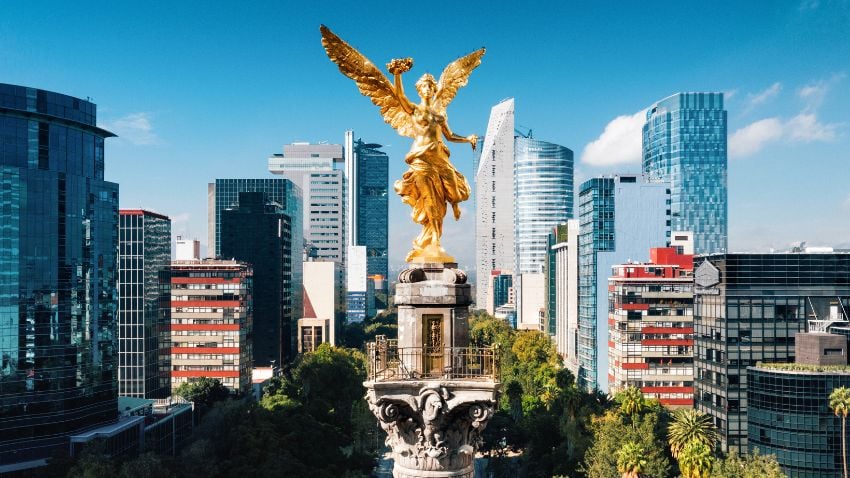
You can get permanent residency in Mexico if you are a parent of a Mexican citizen
Those of you that have been with me over the past several years know that my wife and I have given birth twice outside our home countries. My daughter was born in the UAE, unfortunately, they do not offer residencies or citizenships through birth; however, our second child was born In Brazil in 2021.
We followed what was set out above. We picked our country of choice, applied for our visas (as a Canadian I did not need a visa, my wife is Chinese, and she did require one, which we were able to apply for and get) and found a company to work with to expedite everything, especially because we don't speak Portuguese.
Before entering Brazil we checked out hospitals and cities to live in, so there were no surprises. When we travelled to Brazil we were 6 months into the pregnancy and worked with a company that helped us with the hospital, paperwork and the many forms required.
In May of 2021, our son was born in a hospital in Florianopolis, Brazil and the staff and facilities were outstanding. The cost was about $2,500 USD, similar to many Latin American countries and we were back in our Airbnb within 3 days.
We stayed in Floripa for 6 months to apply for permanent residency; unfortunately due to Covid, our appointment was set for 6 months in the future. That's another story and another article.
We now have a Brazilian baby! There really is no better way to give your kids this amazing gift that they will have for the rest of their lives. If you have the opportunity, go for it, you will not be disappointed!
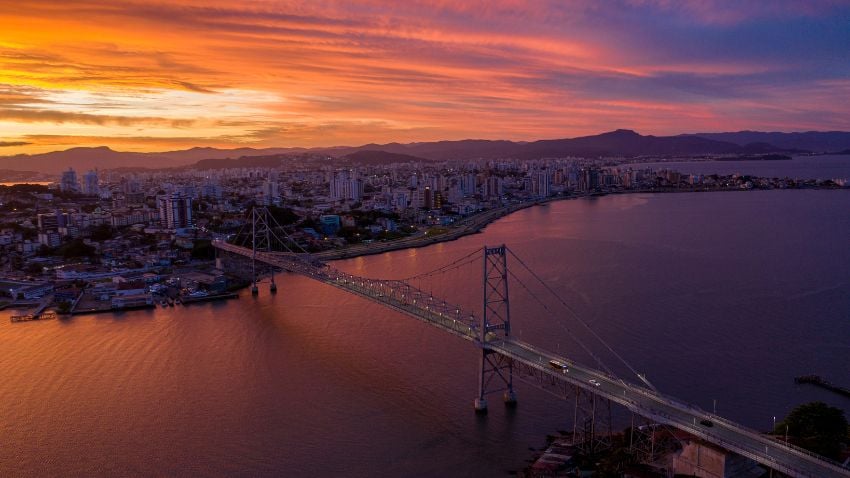
With a Brazilian child it's easy to request for permanent residency in Brazil
As mentioned above, with the travel increase globally, and the increase in remote job opportunities leading more people to a digital nomad lifestyle, we are bound to see an increase in birth tourism. For now, we can see a higher trend for birth tourism in the Americas as most of the countries in the Americas practice "absolute jus solis." We can only hope others will see benefits in having "absolute jus solis" and will allow for more places like Mexico where it is easy to acquire dual citizenship for your children. If you plan to give your children this amazing gift of a life of increased freedom, access our website and consult with our specialists.
If you want the best intel from the expat world, including profitable offshore opportunities, little-known tax-saving strategies, and hard-won insights on immigration, passports, and Plan-B residencies, all delivered to your inbox every single week, then join our daily correspondence, EMS Pulse®. Currently enjoyed by over 84,000 expats and expat-hopefuls worldwide. Fill in the form below to join our newsletter free:

Written by Mikkel Thorup
Mikkel Thorup is the world’s most sought-after expat consultant. He focuses on helping high-net-worth private clients to legally mitigate tax liabilities, obtain a second residency and citizenship, and assemble a portfolio of foreign investments including international real estate, timber plantations, agricultural land and other hard-money tangible assets. Mikkel is the Founder and CEO at Expat Money®, a private consulting firm started in 2017. He hosts the popular weekly podcast, the Expat Money Show, and wrote the definitive #1-Best Selling book Expat Secrets - How To Pay Zero Taxes, Live Overseas And Make Giant Piles Of Money, and his second book: Expats Guide On Moving To Mexico.
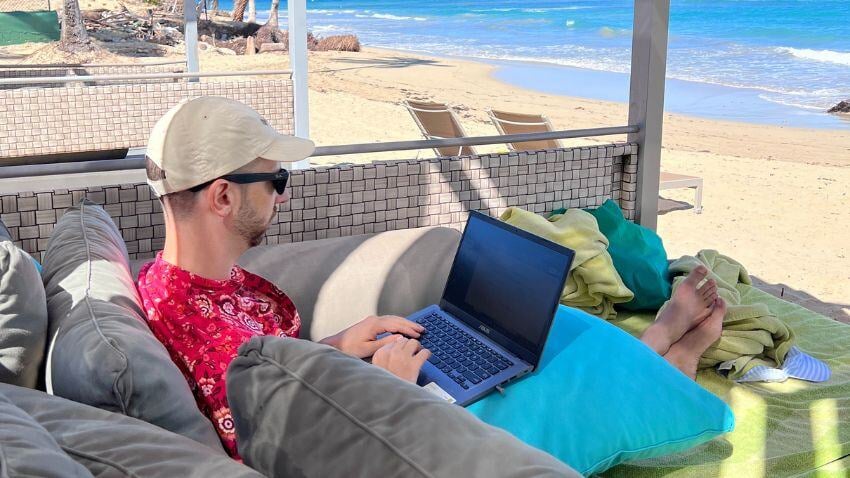
Most people start thinking about moving abroad by asking the wrong kind of question. They ask which country is best for expats, as if there’s some...

Across Latin America, people are replacing socialist governments with leaders who promise security, order, economic recovery, and a return to common...
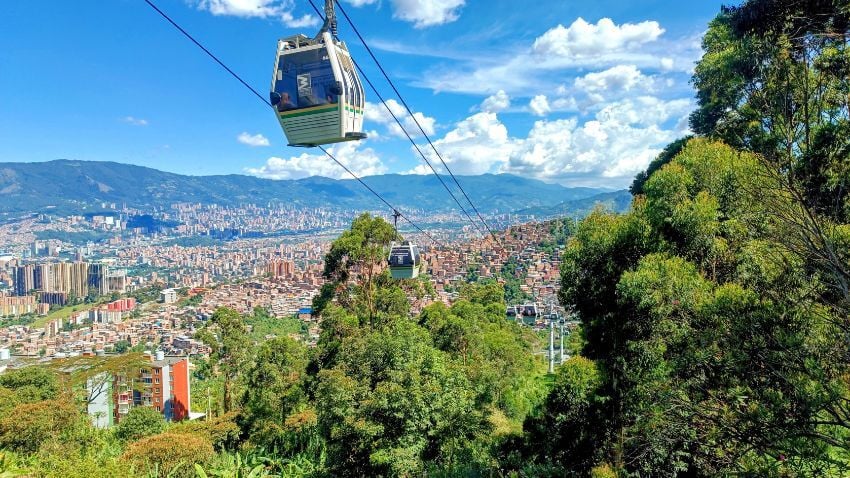
Colombia continues to move up the radar for people looking to live better, spend less, and build international optionality. With improving...